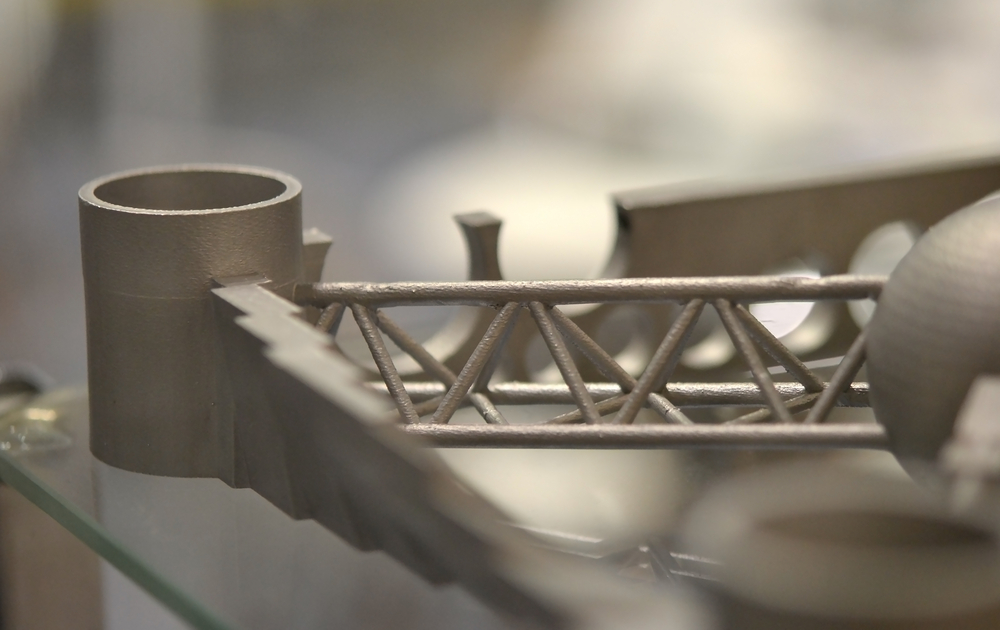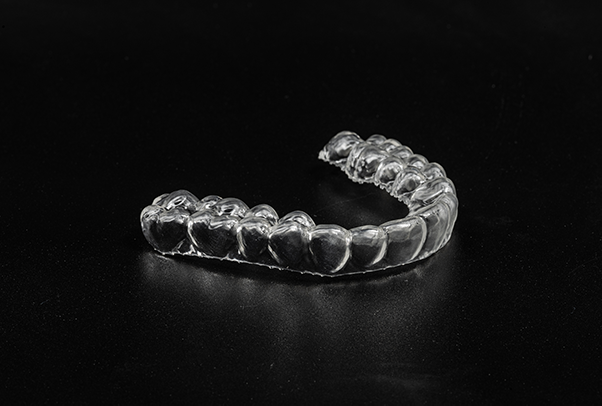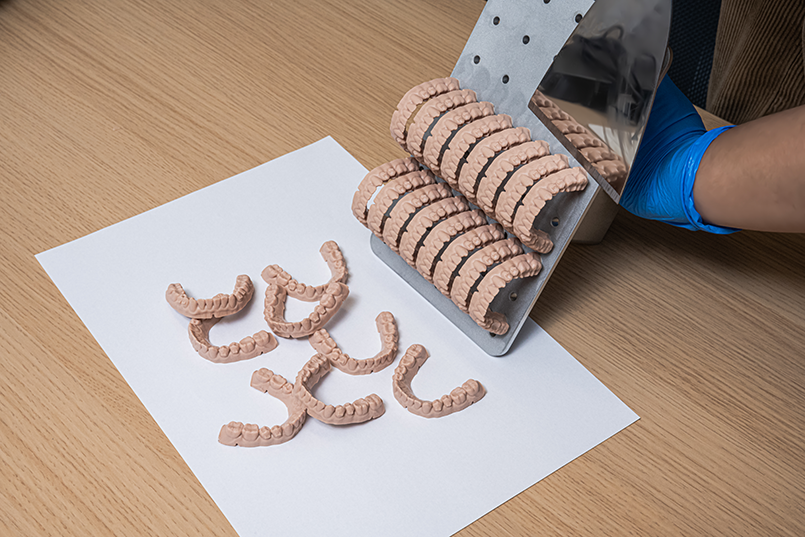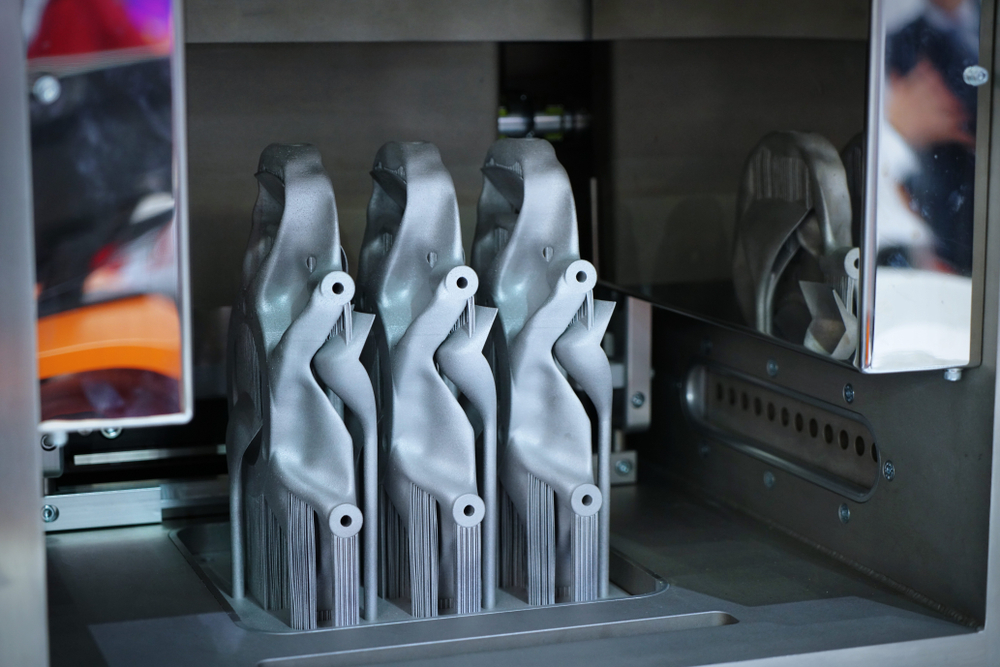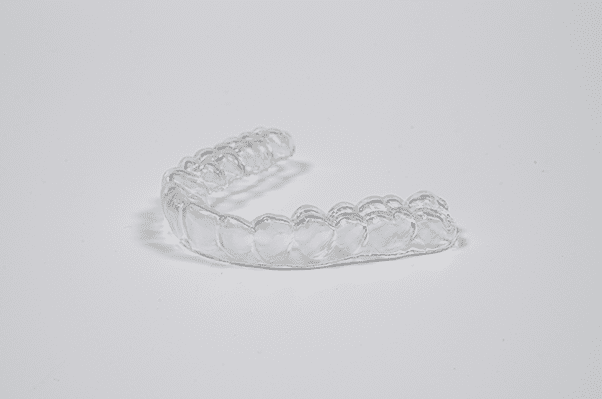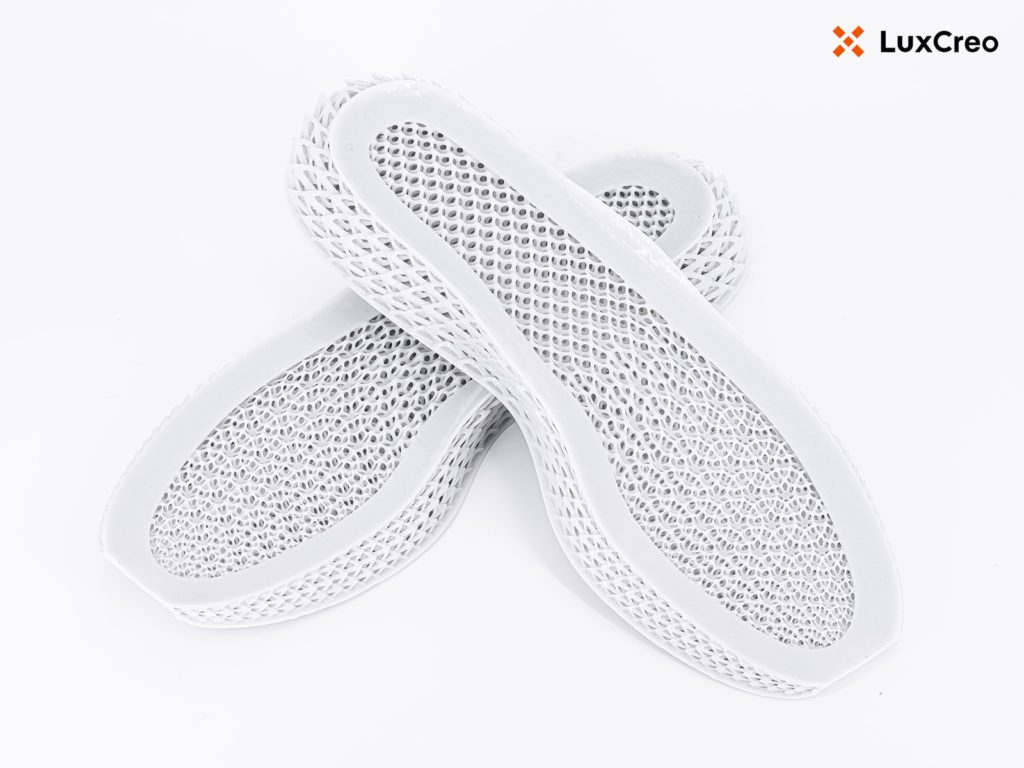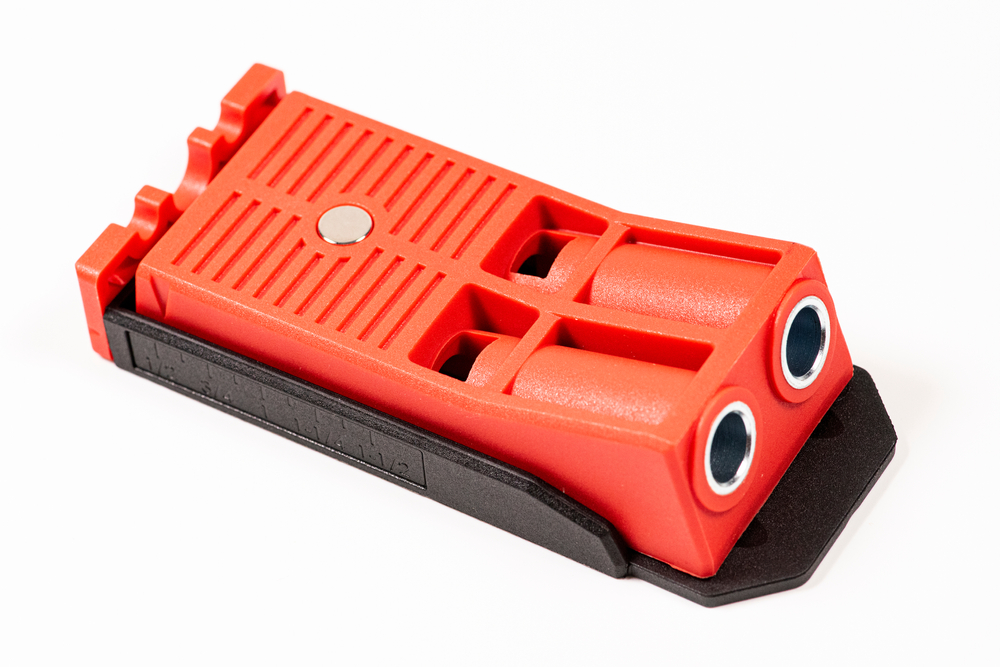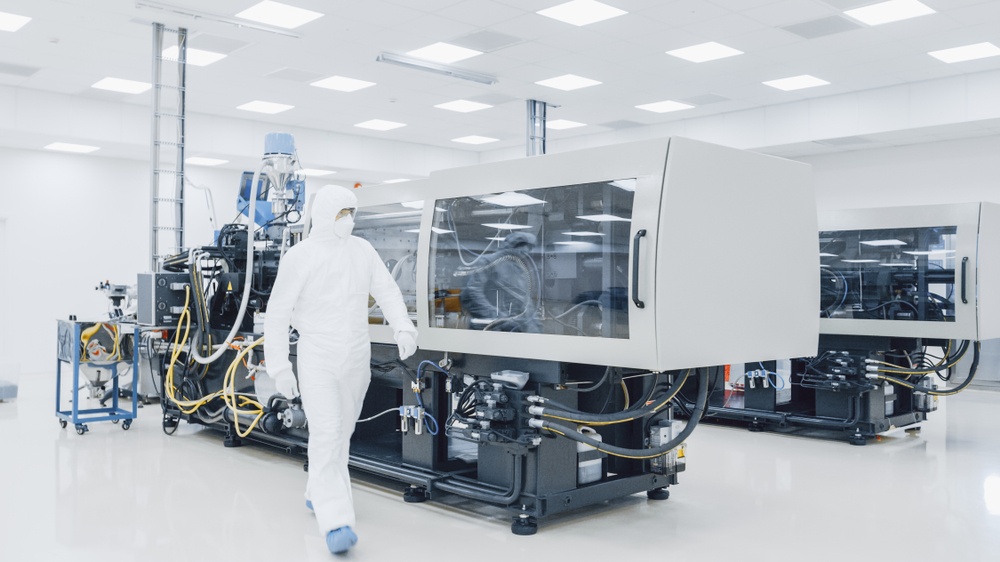3D Manufacturing
Advantages of Additive Manufacturing
Additive manufacturing has been expanding into many industries over the past several years. The 3D printing solutions used in additive manufacturing have many advantages over traditional manufacturing. Companies looking to increase agility, reduce costs, and become more resilient to supply chain disruptions should consider the advantages of additive manufacturing to improve traditional manufacturing processes and to directly produce finished parts.
Read MoreThe Benefits of 3D-Printed Orthodontic Retainers
3D printing technology improves the retainer creation process by accelerating product turnaround time, eliminating the need for dental molds, and allowing orthodontists to produce retainers in-house.
Read MoreHow to Choose the Best 3D Printer for Dentures
Choosing a digital denture solution can reduce turnaround time and material costs. To determine which solution is best aligned to your practice, follow this guide on choosing the best 3D printer for dentures.
Read More3D Printing’s Role in Prototyping and Low-Volume Production
Advancements in 3D printing as a production solution are also enabling additive manufacturing for low volume production. With tightly integrated solutions including 3D printing machines, software, and materials, additive manufacturing is enabling more effective and efficient prototypes through production workflow as well as faster time to market.
Read More3D Printing and the Dental Crown Manufacturing Process
In the past, digital workflows used a combination of CAD/CAM software and CNC milling to make crowns. 3D printers could not make permanent crowns because the materials did not have the appropriate mechanical properties, and there was poor accuracy or fit. With recent advancements in 3D-printable resins, 3D printers can produce permanent crowns that meet mechanical property requirements and make them faster and more cost-effectively than CNC milling. 3D printing is streamlining the dental crown manufacturing process and can benefit labs and dental practices.
Read More3D Printing Clear Aligners: In-house vs. Outsourcing
Advancements in 3D printing technology are improving the production of clear aligners. Today’s 3D printing solutions are widely available to both dental labs and private practices. Orthodontists can now choose between outsourcing aligner production to a lab or
in-house production.
3D Printing Applications in the Footwear Manufacturing Industry
The projected revenue increase demonstrates the continued adoption of additive manufacturing processes by footwear manufacturers. 3D printers have been available since the 1980s. However, many industries have only recently integrated 3D printing solutions into their production processes, as significant advances in machines, material, and software are not only meeting industry requirements but also enabling greater innovation with better performance production parts. Today many footwear companies use 3D printers to optimize design, prototyping, and full production.
Read MoreBenefits of 3D-Printed Jigs and Fixtures
3D-printed jigs and fixtures have several benefits over those made by traditional methods. 3D printing solutions can help companies save time and money by eliminating skilled labor steps and optimizing production processes.
Read More3 Low Volume Manufacturing Methods
Companies use a low-volume approach to test products in the market before high volume production or if the demand is small. Low volume options include injection molding, CNC milling, and…
Read MoreAdvantages of 3D Printing in High-Volume Contract Manufacturing
Contract manufacturing services bring new low or high-volume products to market quickly without requiring large capital equipment expenditures. They lower the barriers for high-volume production as companies do not need to set up factories to manufacture products. Innovations in 3D printing have made it possible to support high-volume production at localized cloud-connected 3D printing smart factories. Utilizing a 3D printing solution for high-volume contract manufacturing helps companies stay agile, produce more complex designs, support multiple SKUs, and manufacture products with advanced high-performance materials.
Read More

